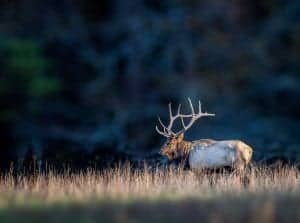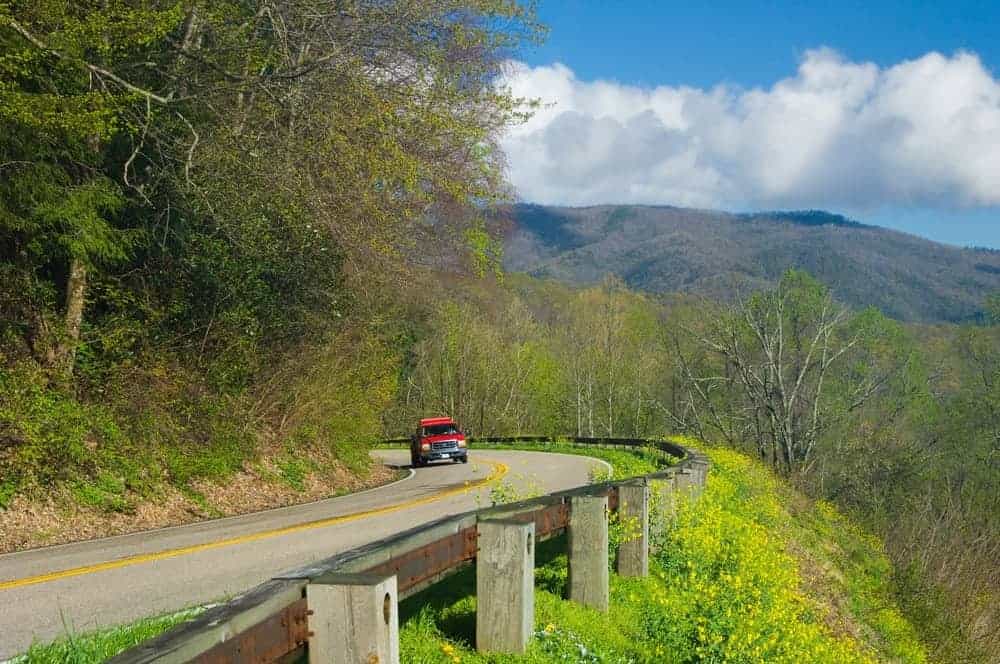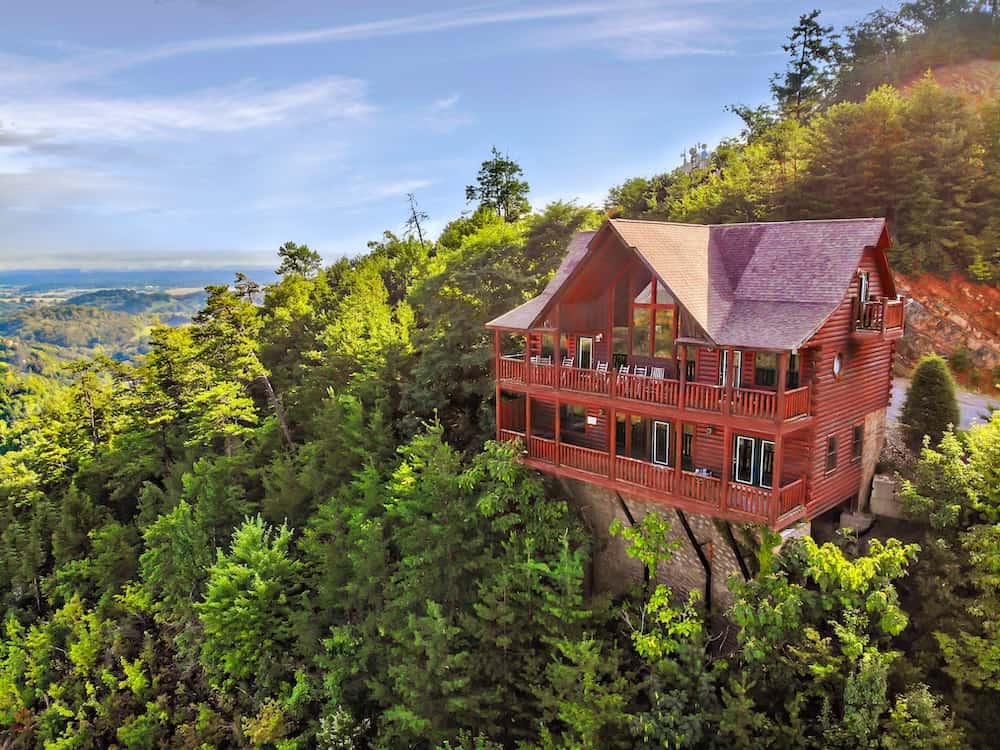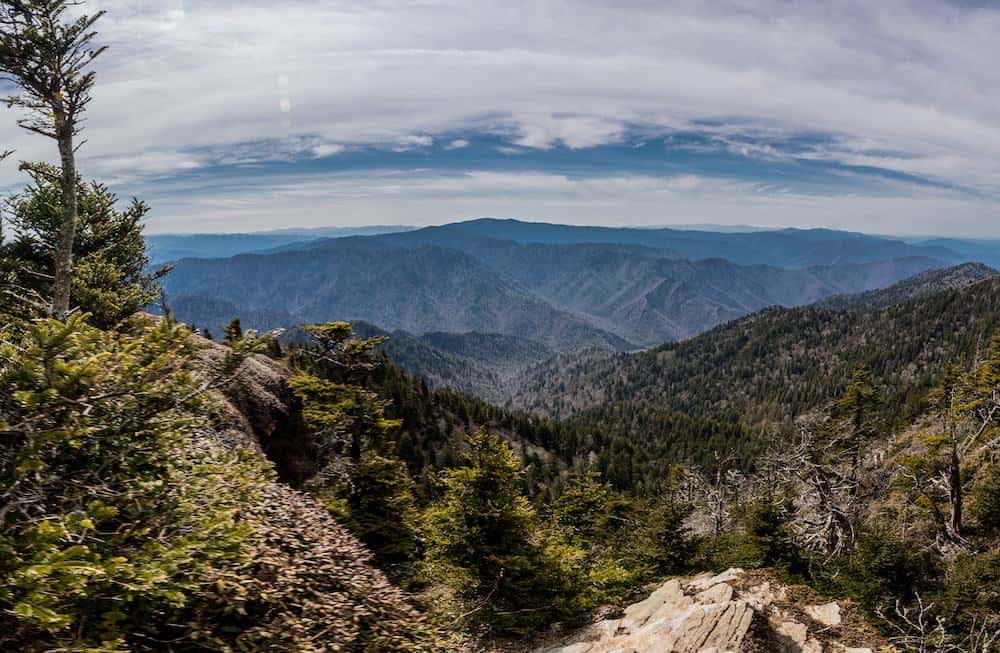2013 Sets New Record for Great Smoky Mountains National Park

New Record for the Great Smoky Mountains
This year, 24 elk calves were confirmed to have been born over the summer, and 19 of those had survived through late fall. Now, the Great Smoky Mountains National Park holds over 120 elk in total. Hopefully, the elk will continue to make their home in the Smokies, with a growing population expected throughout the coming years.
The Reintroduction of Elk in the Great Smoky Mountains National Park
In the 19th century, the number of elk in the Smoky Mountains was destroyed, leaving not a single sighing in the park, even though they were native to the area. In 2001, park officials introduced 25 elk back into the park in Cataloochee Valley. The following year, 2002, there were 27 more elk added. Since the readdition, elk viewing has become a popular activity for vacationers who spend time in the national park.
Where to Find the Elk in the Smoky Mountains
When you are visiting the Smokies, if you want to catch a glimpse of the elk, you’ll probably want to spend some time in the Cataloochee Valley, where the majority of the elk live. Although it’s not common, there have been elk sightings reported on the Gatlinburg side of the Smoky Mountains.
Where have you seen the elk in the Smoky Mountains? Let us know in the comments section below this post!
Make sure when you’re planning your trip into the Great Smoky Mountains National Park, you’re using Visit My Smokies’ helpful travel tips. Often times, in the winter months, roads will be closed due to icy or snowy weather conditions. Before you drive into the mountains, take a look at Visit My Smokies’ up to date weather video.





